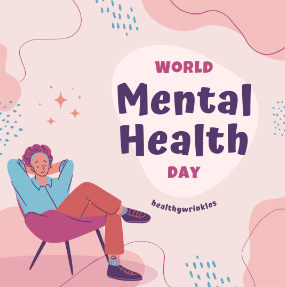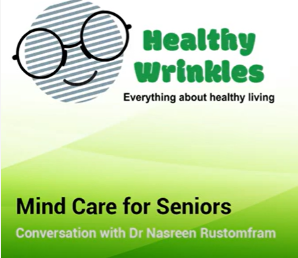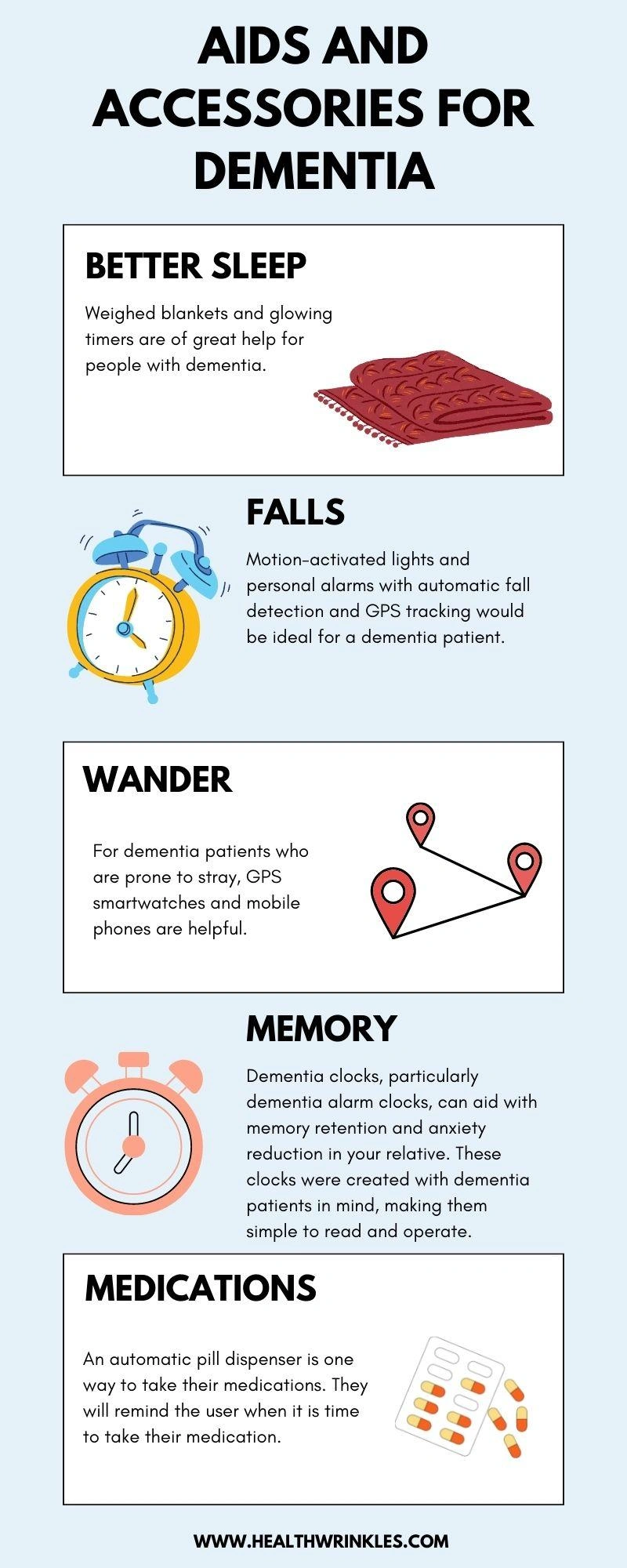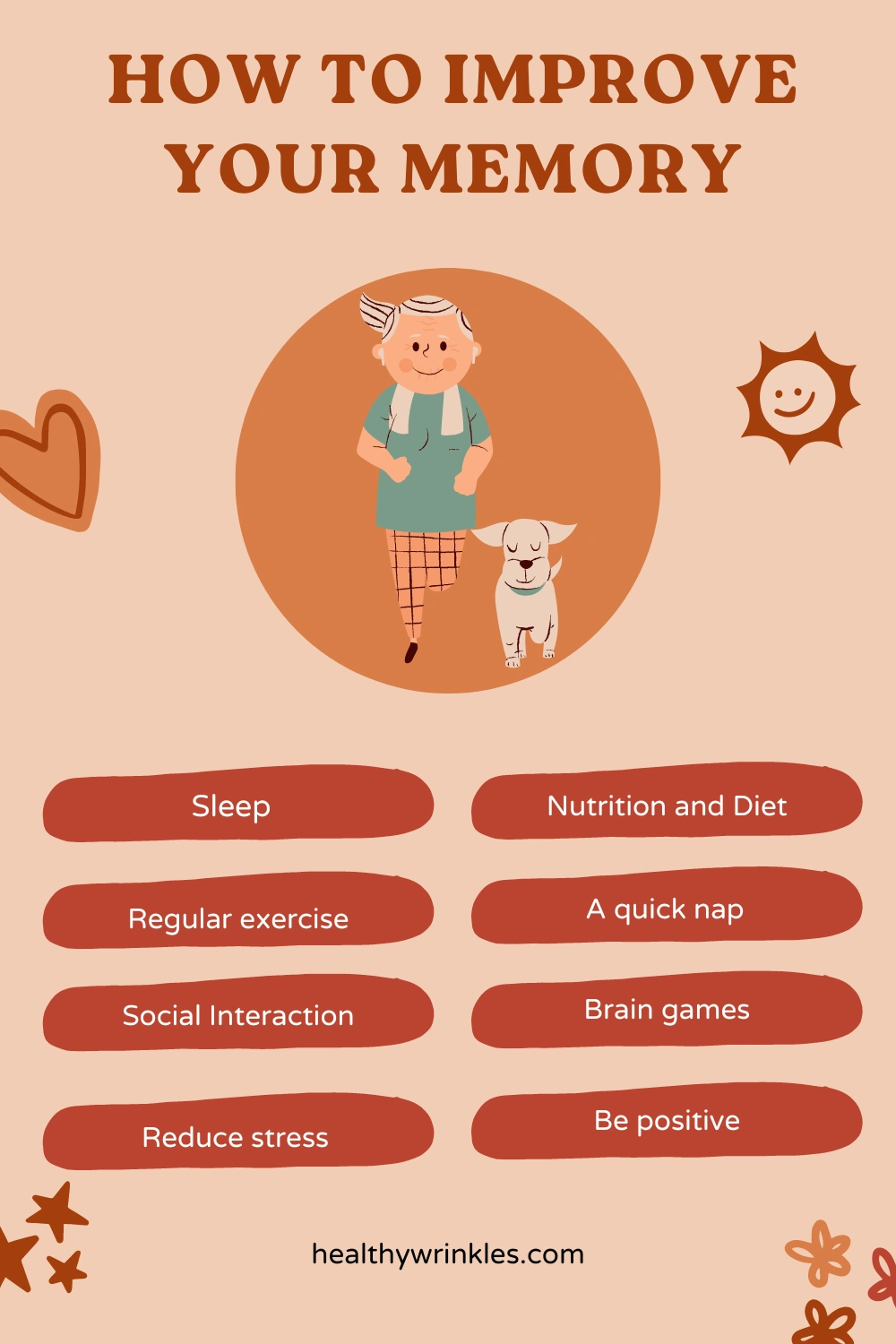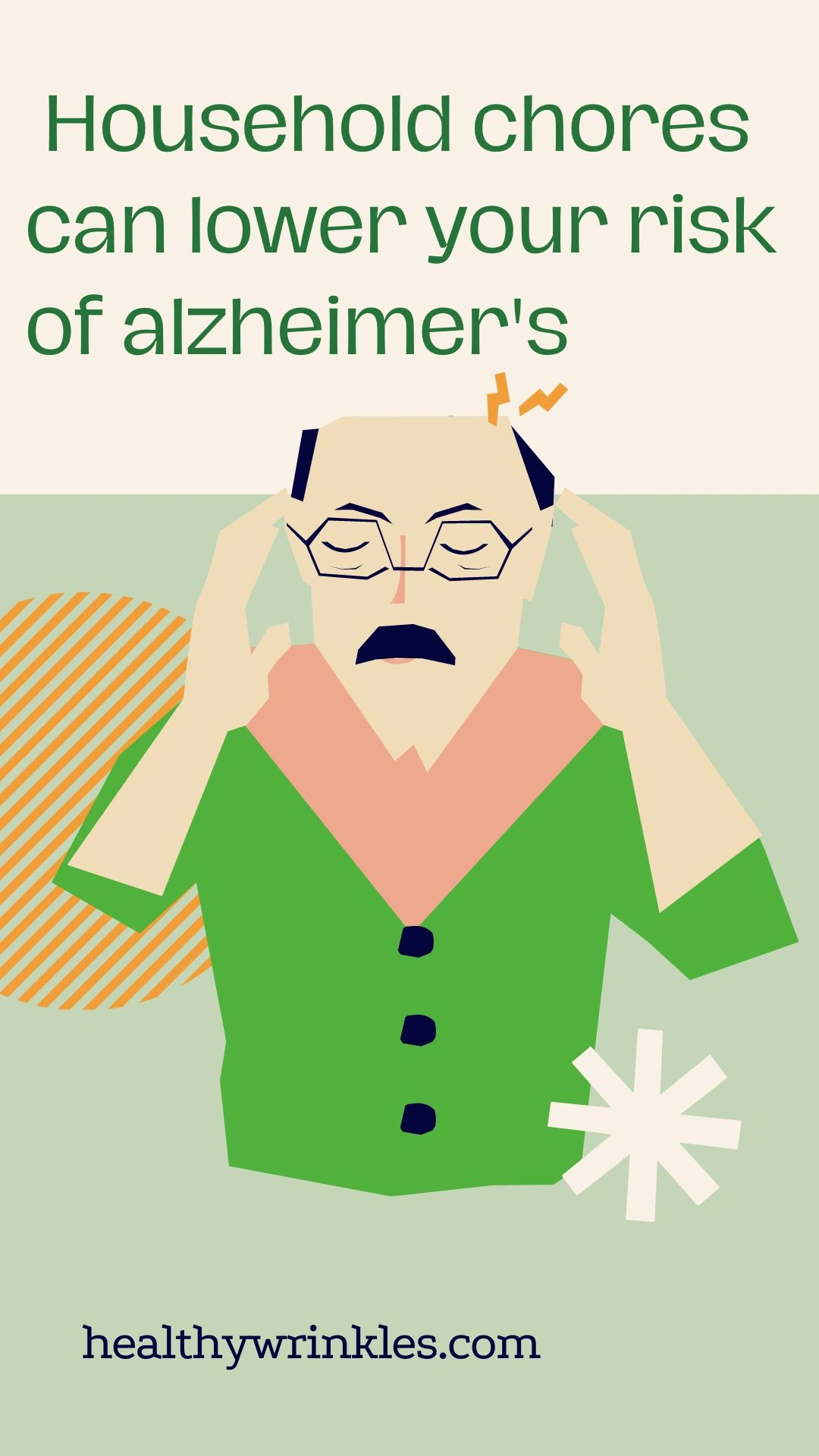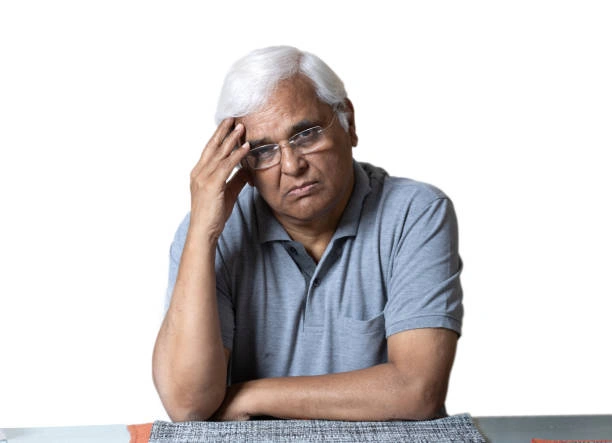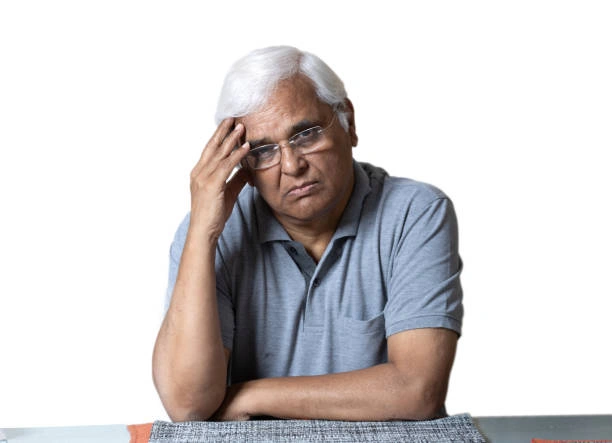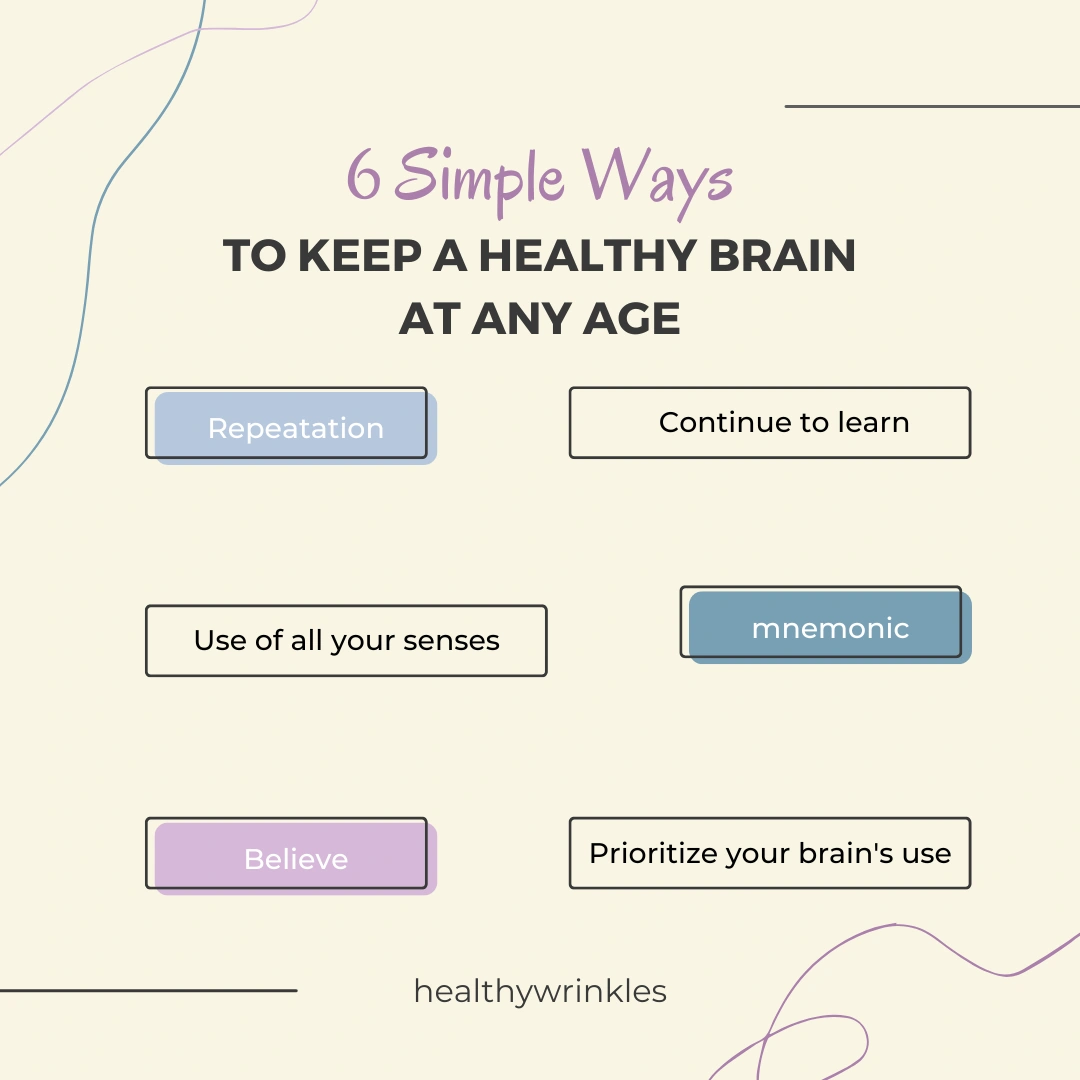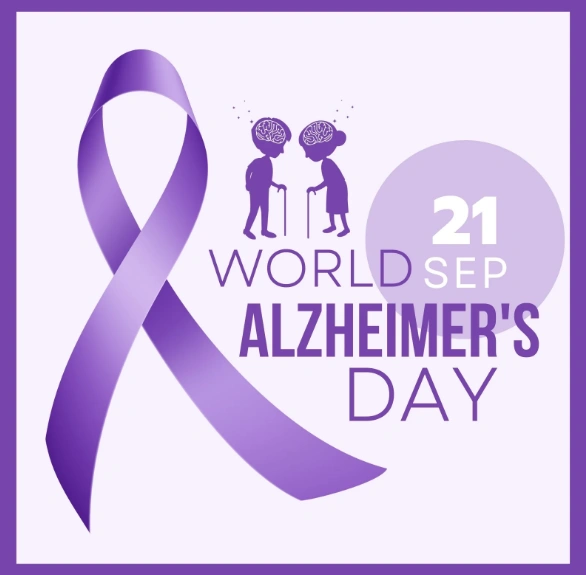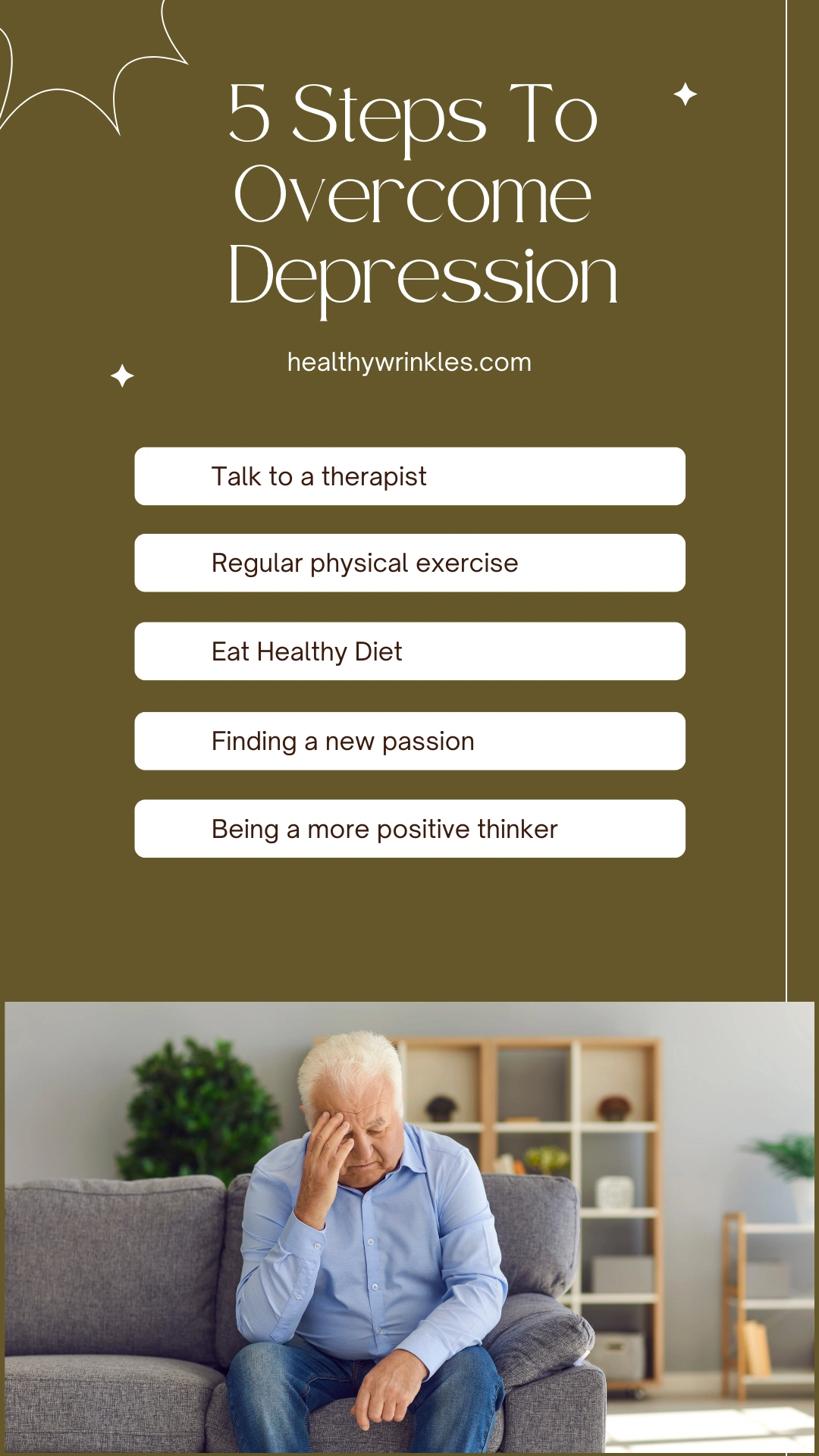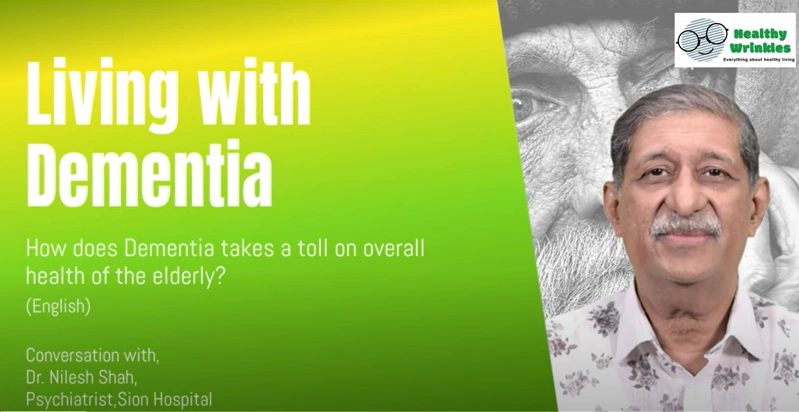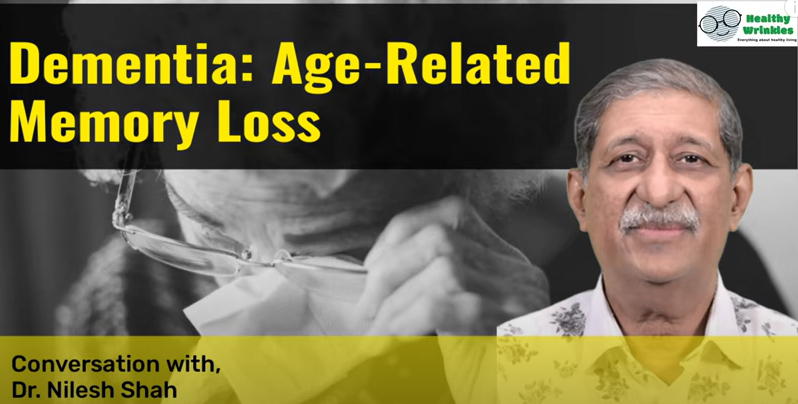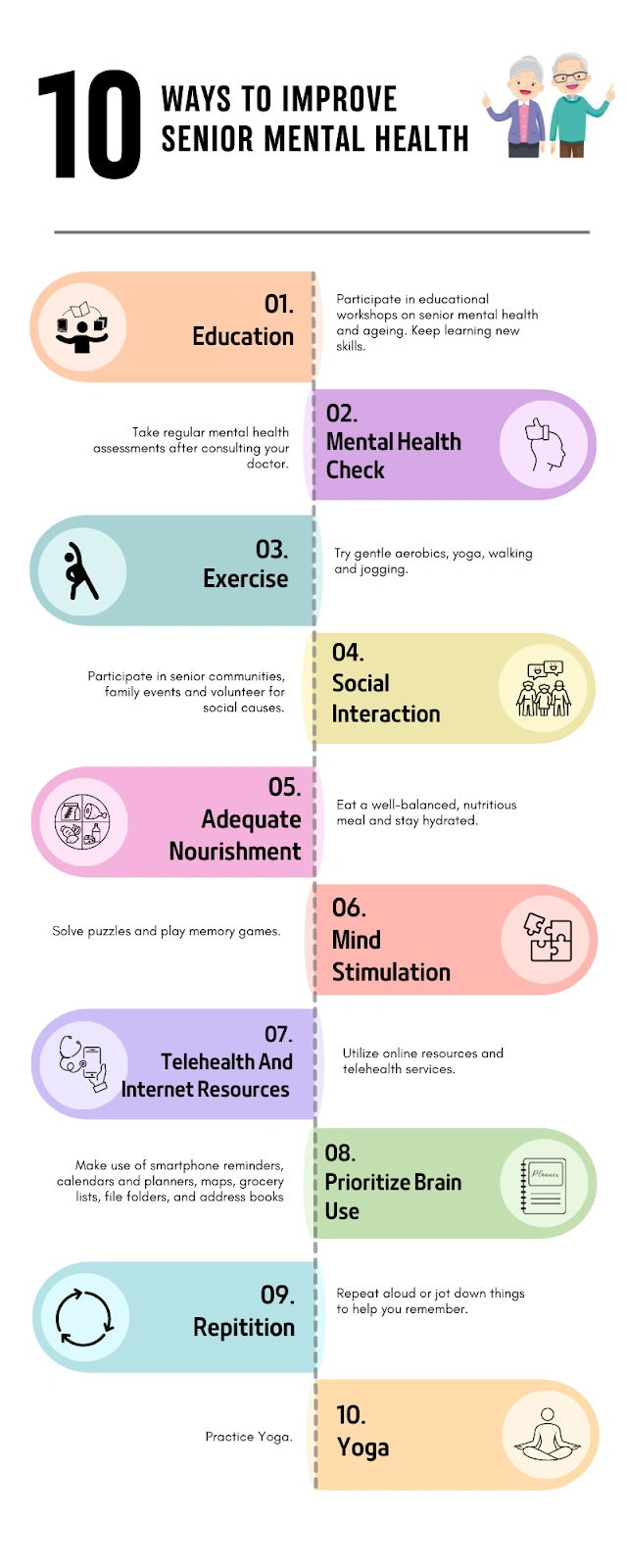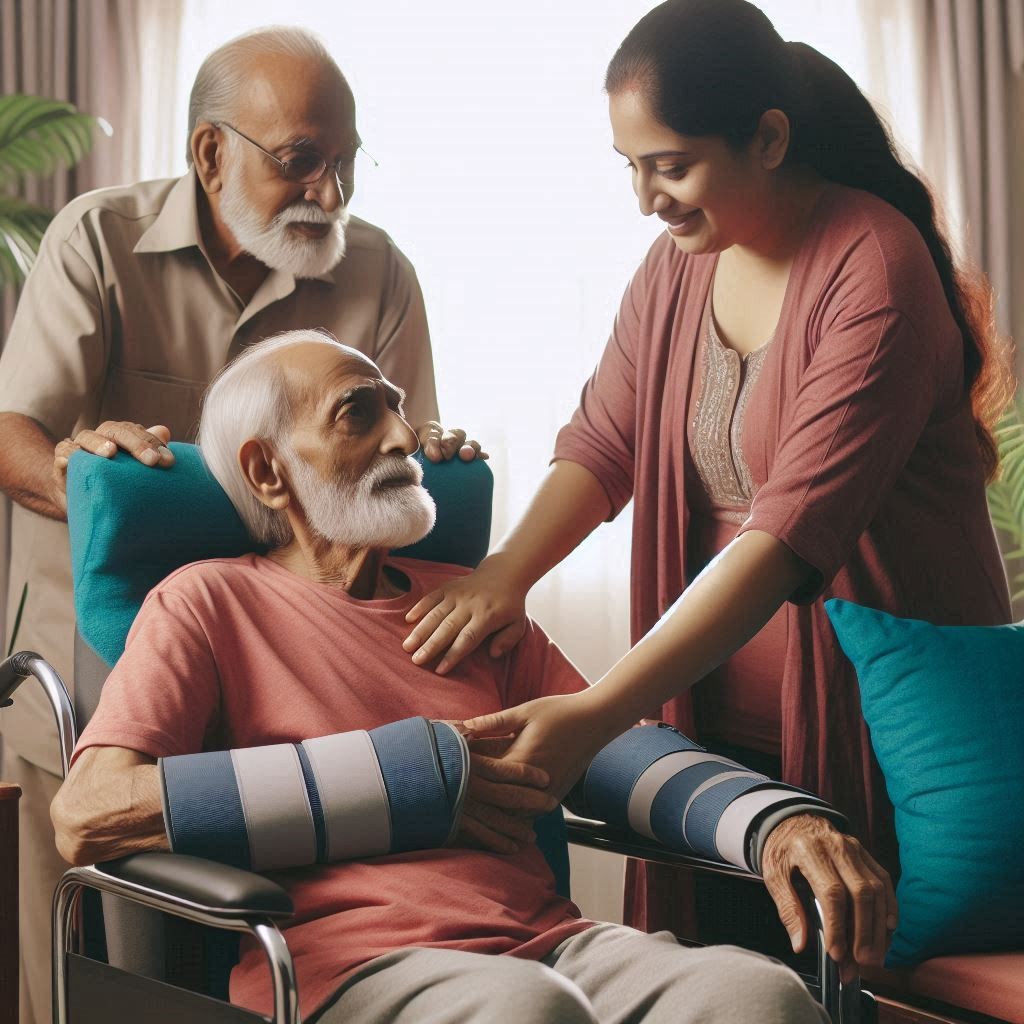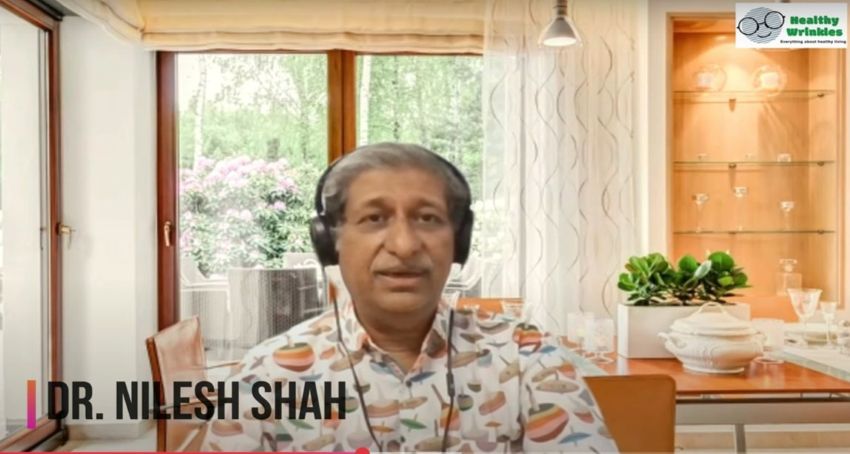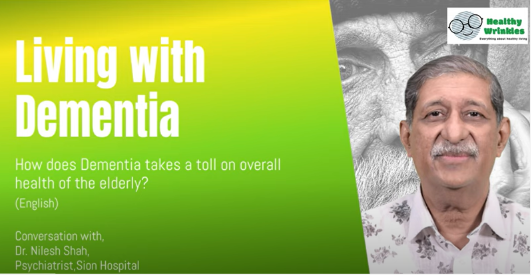How does Dementia take a toll on overall health of the elderly?
Dr. Nilesh Shah, a Psychiatrist at Sion Hospital, in a conversation with Healthy Wrinkles, explains Living with Dementia. Dementia is a multifaceted condition that affects various cognitive functions
, and recognizing its early signs is crucial for timely intervention. In this article, we will explore the valuable insights shared by Dr. Nilesh Shah in his YouTube video on the early signs of dementia. Specifically, we will delve into the initial manifestation of dementia through the loss of recent event memory. Watch our YouTube playlist on care for seniors to know more.
Understanding Early Signs:
Dr. Shah highlights that in the early stages of dementia, individuals often experience a decline in recent event memory. Unlike the automatic recall most of us have for our daily activities, those with dementia may struggle to remember what they had for breakfast or lunch on the same day. This lapse in recent memory becomes apparent when simple questions about daily routines are met with uncertainty or guesses.
Loss of Recent Event Memory:
The video illustrates this point by presenting scenarios where individuals may not remember specific details of their recent meals. For instance, if asked about their breakfast, someone with dementia might vaguely recall having something but be unable to specify what. Similarly, recollecting the components of a multi-item lunch becomes challenging, with individuals possibly only remembering a fraction of what they consumed.
Automatic vs. Effortful Memory:
Dr. Shah distinguishes between automatic and effortful memory. While automatic memory involves events that get registered and stored without conscious effort, effortful memory requires intentional attempts to remember. Recent events typically fall under automatic memory, and the early signs of dementia manifest when individuals struggle with this aspect of memory recall.
Preservation of Long-Term Memory:
Interestingly, Dr. Shah notes that long-term memory tends to be well-preserved in the early stages of dementia. Individuals may vividly recall events from decades ago, such as school days, teachers, picnics, and significant life events. This contrast between the preservation of long-term memory and the impairment of day-to-day recent memory is a hallmark characteristic of early-stage dementia.
Challenges in Daily Life:
The impact of this loss of recent event memory extends to daily life activities. Individuals with dementia may forget whether they have eaten, leading to instances where they believe they missed a meal even when they have consumed it. Caregivers and family members play a crucial role in providing cues and support to help individuals navigate these memory challenges.
The Role of Caregivers:
As these early signs of dementia emerge, caregivers become pivotal in the lives of those affected. They must be attentive to changes in memory patterns, offering gentle reminders and creating supportive environments. Dr. Shah emphasizes the importance of understanding these early signs and seeking professional guidance to manage the progression of dementia effectively.
Conclusion:
Recognizing the early signs of dementia, particularly the loss of recent event memory, is instrumental in providing timely support and intervention. By understanding these signs, caregivers and loved ones can offer compassionate assistance and seek professional guidance to enhance the quality of life for those navigating the complexities of dementia.
Whether you are searching for informative articles, or looking for healthcare providers Healthywrinkles is an excellent resource for all your senior care needs. We also have a great compilation of all the medical expert talks for healthy aging on Healthy Wrinkle YouTube channel.
Disclaimer: Healthy Wrinkles does not recommend or offer any medical diagnosis, treatment, or advice. The information provided here is only for the awareness of disease or ailment among individuals, caregivers, and the public. The advice of doctors, licensed professionals, or therapists who are knowledgeable about your particular situation should always be sought before using the information provided here. It should also not be used in the event of a medical emergency or for the diagnosis or treatment of any medical condition. If you want urgent assistance, contact a qualified medical professional. Additionally, the information represents the author's views and not those of Healthy Wrinkles.
